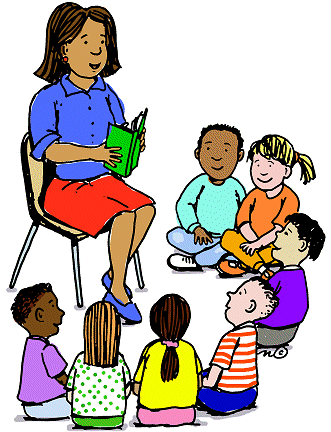
My blog this week will
be an extension of Jackie’s connection on the “Literacy with an Attitude” piece
by Patrick Finn. I found this to be a tedious piece but like Jackie, once I got
through the first few pages I was intrigued.
The first connection
made was between The Brown vs. Board of Education based videos featuring Tim
Wise and a quote by Finn about the “status quo” amongst society. This was a
great connection that I actually did not think of. Jackie brought up a good
point that if people stuck with the status quo of society and did not attempt
to make any changes in a bad situation, that equality may never have been
achieved, or would have taken much longer to make such strides. This sort of
reminded me of the invisible privilege that McIntosh introduces, because people
who “choose to remain comfortable”, as Jackie said, do not realize that they
are not helping the bigger picture in the end.
The other connection
Jackie made was to Delpit’s rules and codes of power, and I thought the exact
same way when I was reading this piece. Jackie explains that Finn made sure his
students knew who the authority figure was in the classroom and that his rules
would not be compromised. His methods mirrored the exact ideals of Delpit. Like
Jackie, I am also a fan of Delpit, and try to look for the “rules and codes of
power” displayed in my service learning classroom each week. Sometimes it is
hard to notice when the teacher is being explicit or not in their ways of
teaching, but one way to know is based on the reactions of the students.


I feel that this would
be a great discussion as a class, as well. We can compare our different
classrooms that are most likely filled with different economic classes just as
in Finn’s article, and then gauge how students react positively and negatively
to the teacher when they are displaying the ideals of Delpit. Once this is
accomplished, we can further compare our real classroom observations to the
classrooms in Finn’s piece to see if the social classes mentioned have any
actual effect on the teaching of literacy to different students from different
areas.
